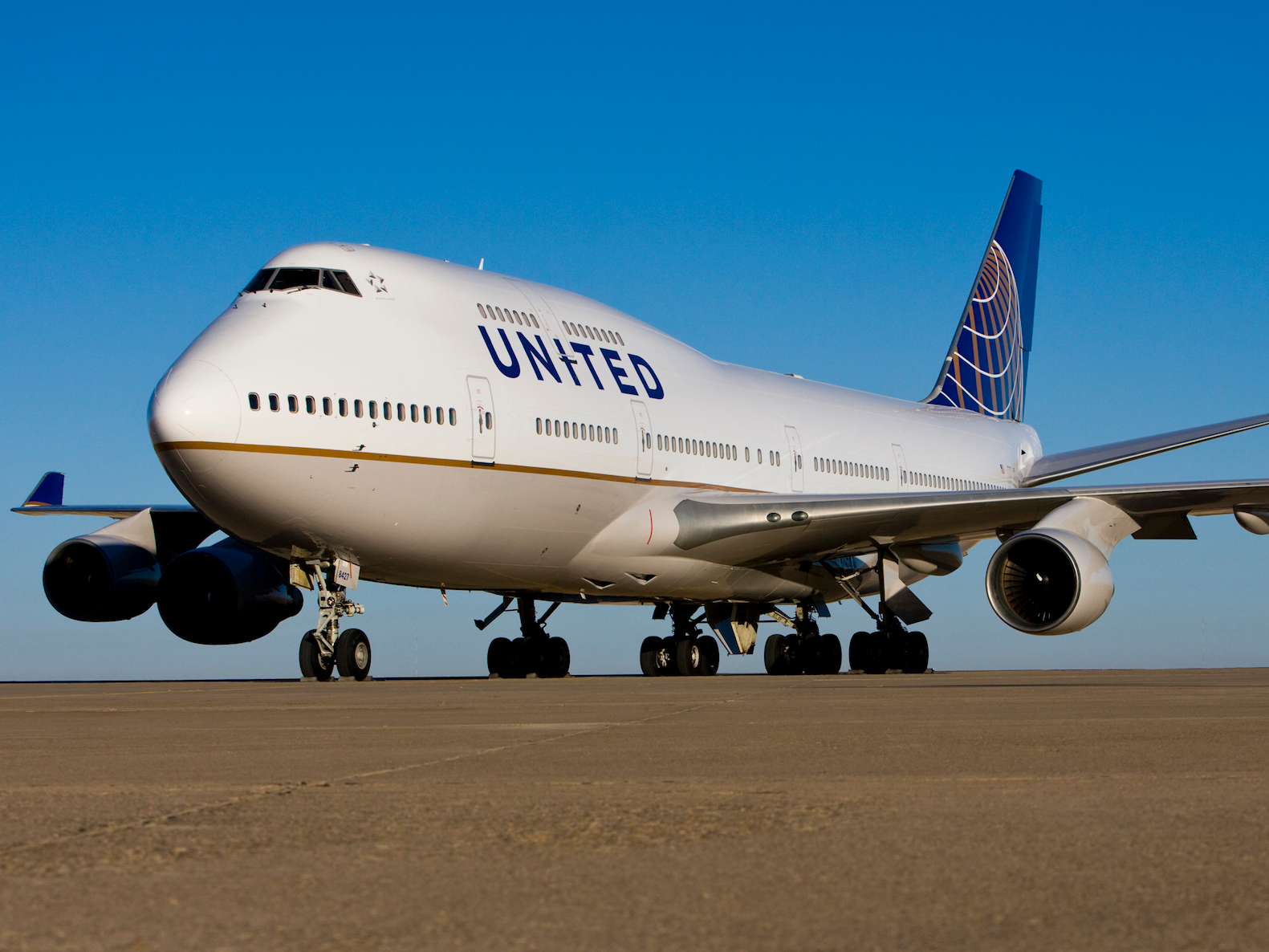On Thursday, United Airlines said it would make 10 significant changes to the way the company interacts with its customers.
The changes represent the culmination of a sweeping review of the Chicago-based airline’s policies after law-enforcement officials violently removed a passenger, David Dao, from Flight 3411 on April 9.
“Every customer deserves to be treated with the highest levels of service and the deepest sense of dignity and respect,” United CEO Oscar Munoz said in a statement. “Two weeks ago, we failed to meet that standard, and we profoundly apologize. However, actions speak louder than words.
“Today, we are taking concrete, meaningful action to make things right and ensure nothing like this ever happens again.”
In the wake of the incident and the disturbing videos that accompanied it, Munoz vowed to reassess the way his company treats its passengers. As a result, United has promised some major changes to its customer-service policy.
Here are the changes:
- "Limit use of law enforcement to safety and security issues only." This policy went into effect on April 12. "Not require customers seated on the plane to give up their seat involuntarily unless safety or security is at risk." This policy goes into effect Thursday. "Increase customer compensation incentives for voluntary denied boarding up to $10,000." Effective Friday. "Establish a customer solutions team to provide agents with creative solutions such as using nearby airports, other airlines, or ground transportation to get customers to their final destination." According to United, this will be a resource employees can call upon for quick problem-solving assistance during high-pressure situations. The team is expected to be operational by June. "Ensure crews are booked onto a flight at least 60 minutes prior to departure." In situations where no open seats are available, all crew members traveling for work must be booked 60 minutes before departure. This policy went into effect April 14. "Provide employees with additional annual training." Beginning in August, frontline employees will receive training designed to enhance their ability to handle difficult customer-service situations. "Create an automated system for soliciting volunteers to change travel plans." Expected later this year. "Reduce the amount of overbooking." This policy is already in effect and will target flights with lower volunteer rates, flights using smaller aircraft such as regional jets, and the last flight of the day to a particular destination. "Empower employees to resolve customer service issues in the moment." United will roll out a new app that will allow employees to provide passengers with compensation (financial and otherwise) directly from their company-issued iPhones. Flight attendants are expected to have this capability by July, while the app is expected to be available to gate agents later in the year. "Eliminate the red tape on permanently lost bags by adopting a 'no questions asked' policy on lost luggage." When the airline deems a bag "permanently lost," it will pay passengers $1,500 for the bag and its contents without the need to prove its value. Additional documentation will be required for bags valued at greater than $1,500. This policy is expected to go into effect in June.

